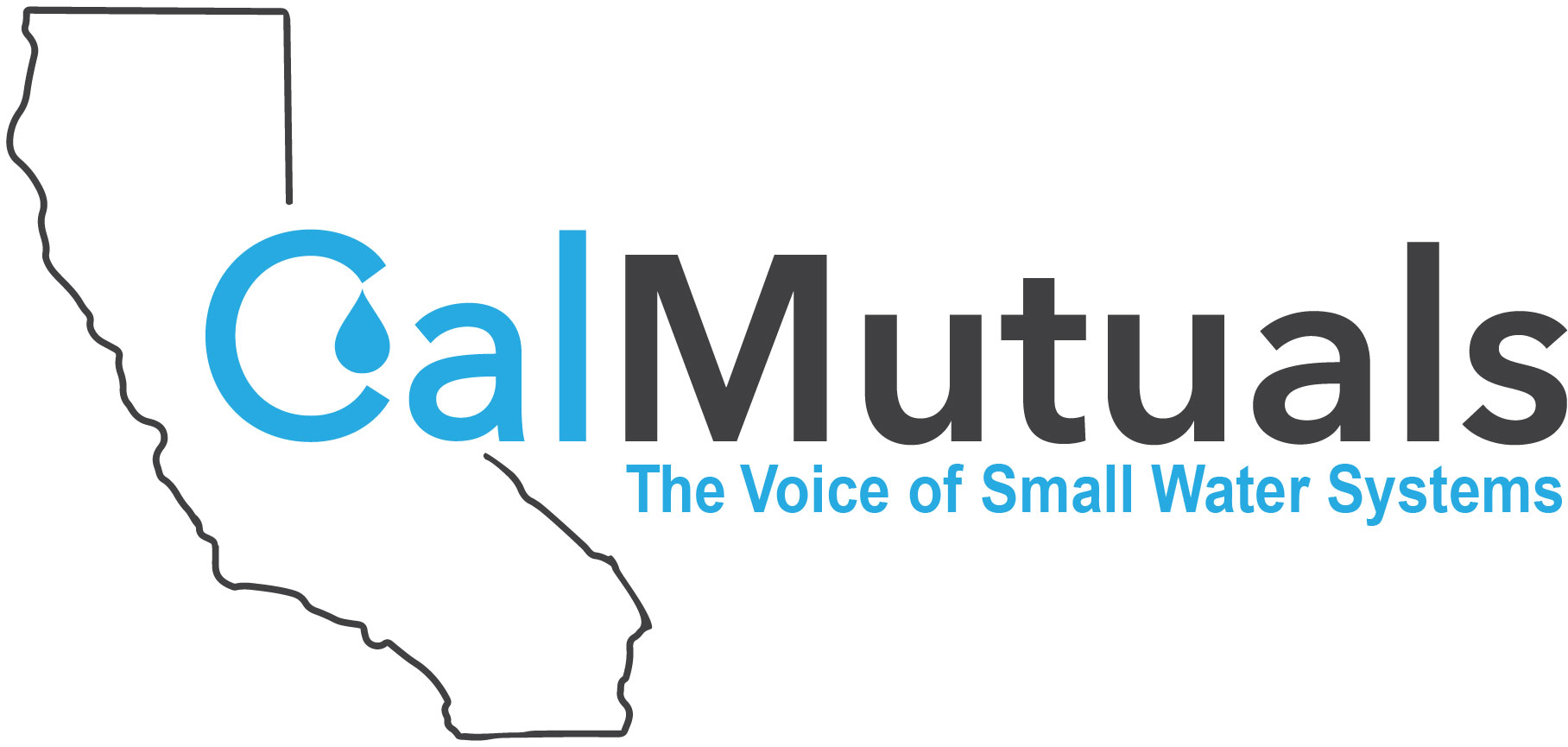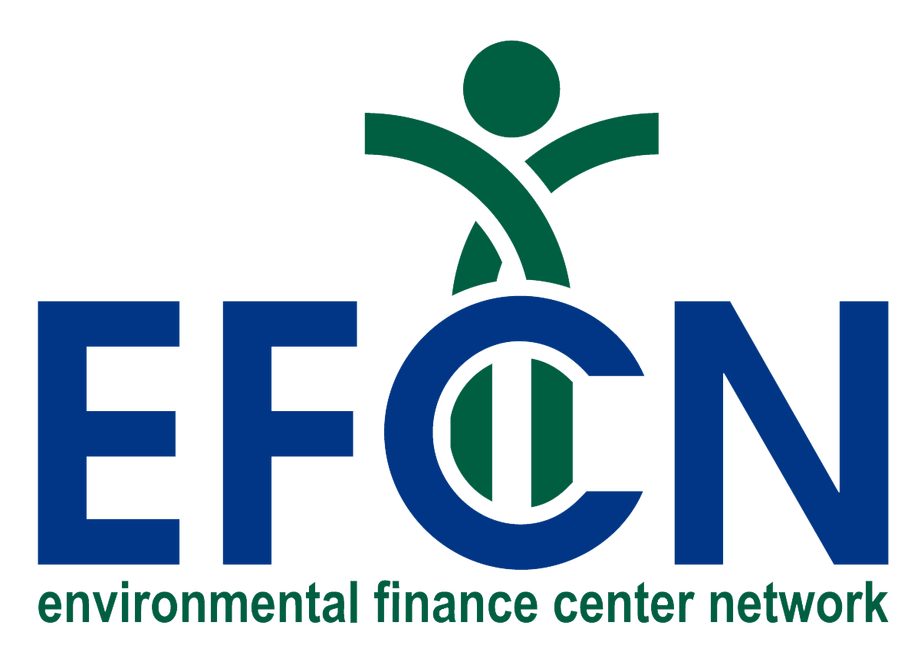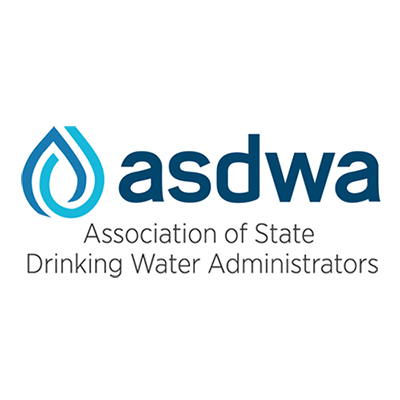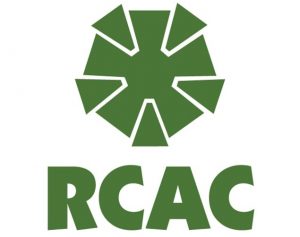Description: In this 1-hour webinar, experts from the Great Lakes Environmental Infrastructure Center (GLEIC) will discuss drinking water distribution system quality operations and management, including: How water detention times affect water age and quality How to prevent nitrification in storage tanks How to calculate detention time and CT values for chlorine disinfection What factors lead to corrosion in water distribution systems and ways to prevent and mitigate it And more! Presenter: Gregory Pearson, Water & Wastewater Trainer, Great Lakes Environmental Infrastructure Center at Michigan Technological University Certificate: This webinar has NOT been submitted for approval of continuing education credit. We can provide a certificate of attendance to eligible attendees, but cannot guarantee it will meet your PDH or CEU requirements. Who Should Attend: Managers, owners, and operators of water systems serving less than 10,000 people Decision-makers for water utilities, including mayors, financial officers, utility managers, public works directors, city councilors, board members, tribal council members, and clerks Consultants and technical assistance providers serving water systems



